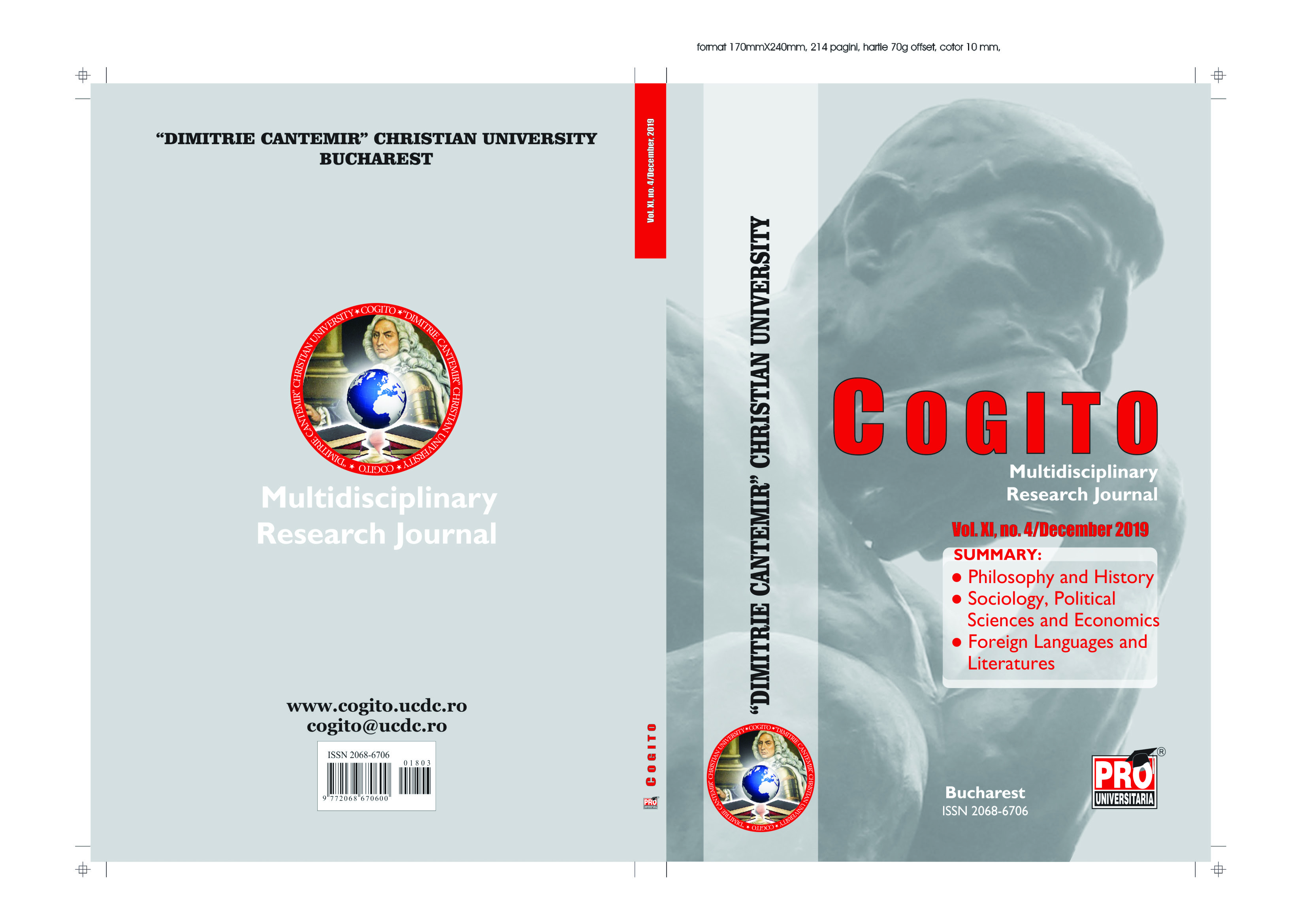A CRITICAL ANALYSIS OF PLATO’S PHILOSOPHY OF “POLITICAL POWER”
A CRITICAL ANALYSIS OF PLATO’S PHILOSOPHY OF “POLITICAL POWER”
Author(s): Fesseha-Mulu GebremariamSubject(s): Law, Constitution, Jurisprudence, Civil Law
Published by: Editura Pro Universitaria
Keywords: Gold; Philosopher Kings; Plato; Political Power; Transcendental World;
Summary/Abstract: Plato, one of the most popular names in philosophy mostly known by his book “The Republic” written around 375 B.C deals with Justice, Power, State, Education, division of labor, mental balance/just, knowledge and Art etc. Plato noted that leaders are natural servants of the city state and its citizens; political power is natural and cultivated through education; power is not heritable rather assumed by merit; men and women can assume political power; knowledge is basic to assume power; leaders shall only assume political power with no attachment to any material beings like Gold and silver, no private property and private life rather living communally. The legitimacy to lead the city state emanates not from the public rather from nature and education. Philosopher kings, rulers of the republic, unlike the mass who are ignorant, having only opinions and thoughts about the material and imperfect world can go beyond the sensible world of objects and can access the transcendental world through reason/ the intellect and know what is perfect and best to the city state and its people, thus, legitimate to lead the state.
Journal: Cogito - Multidisciplinary research Journal
- Issue Year: 2019
- Issue No: 4
- Page Range: 13-22
- Page Count: 10
- Language: English
- Content File-PDF

